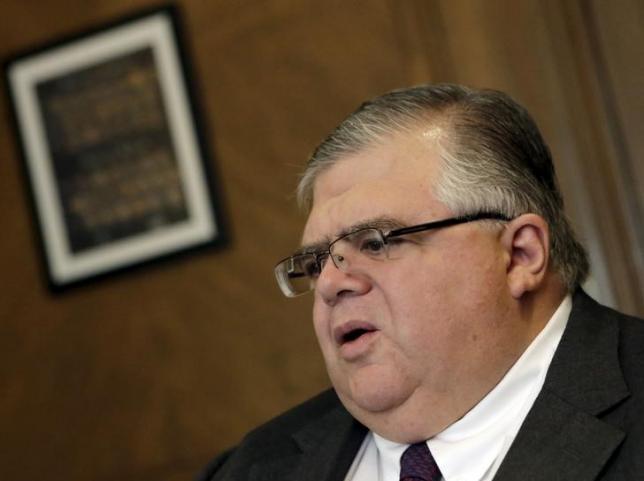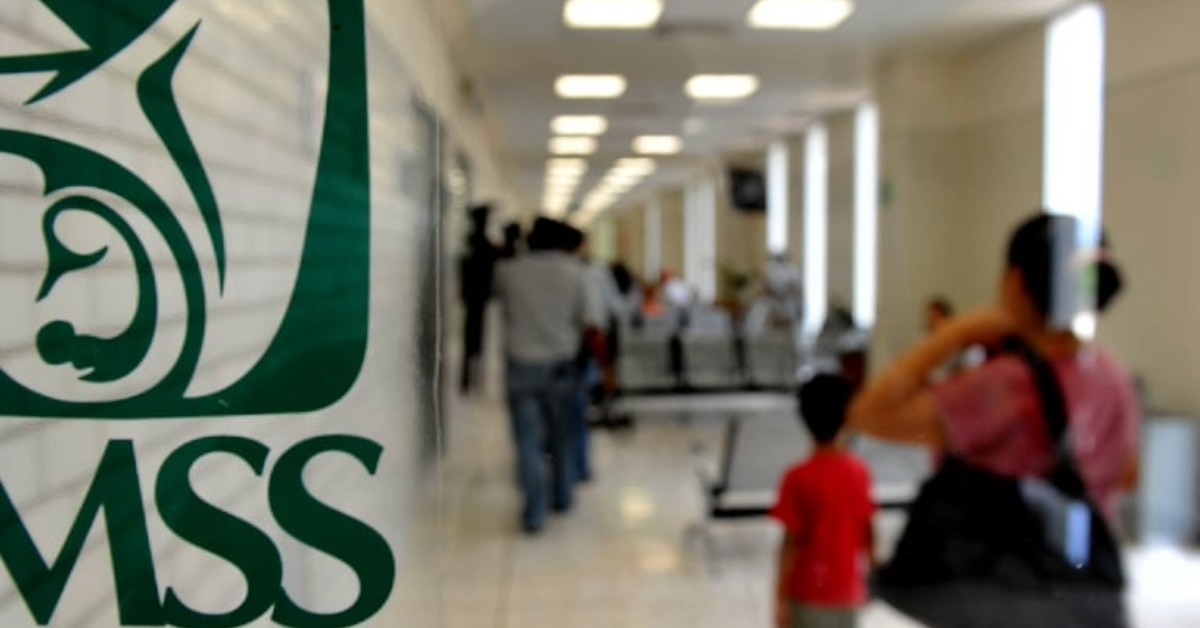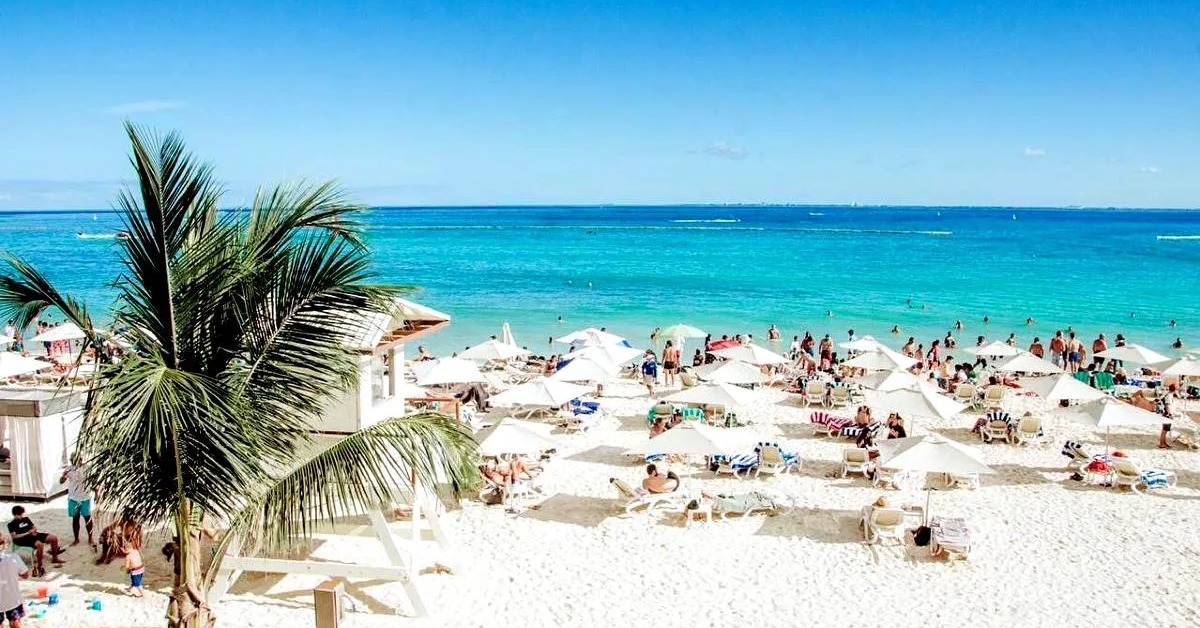U.S. presidential candidate Donald Trump's proposal to force Mexico to pay for a border wall by threatening to block remittances from illegal immigrants would be a major violation of Mexicans' rights, Mexico's central bank governor said on Tuesday.
The Republican candidate said last week that if elected in November, he would use a U.S. anti-terrorism law to cut off such money transfers unless Mexico made a one-time payment of $5 billion to $10 billion for the wall.
Mexican Central Bank Governor Agustin Carstens, speaking in Mexico's Congress, dismissed the idea.
"The remittances are . . .






